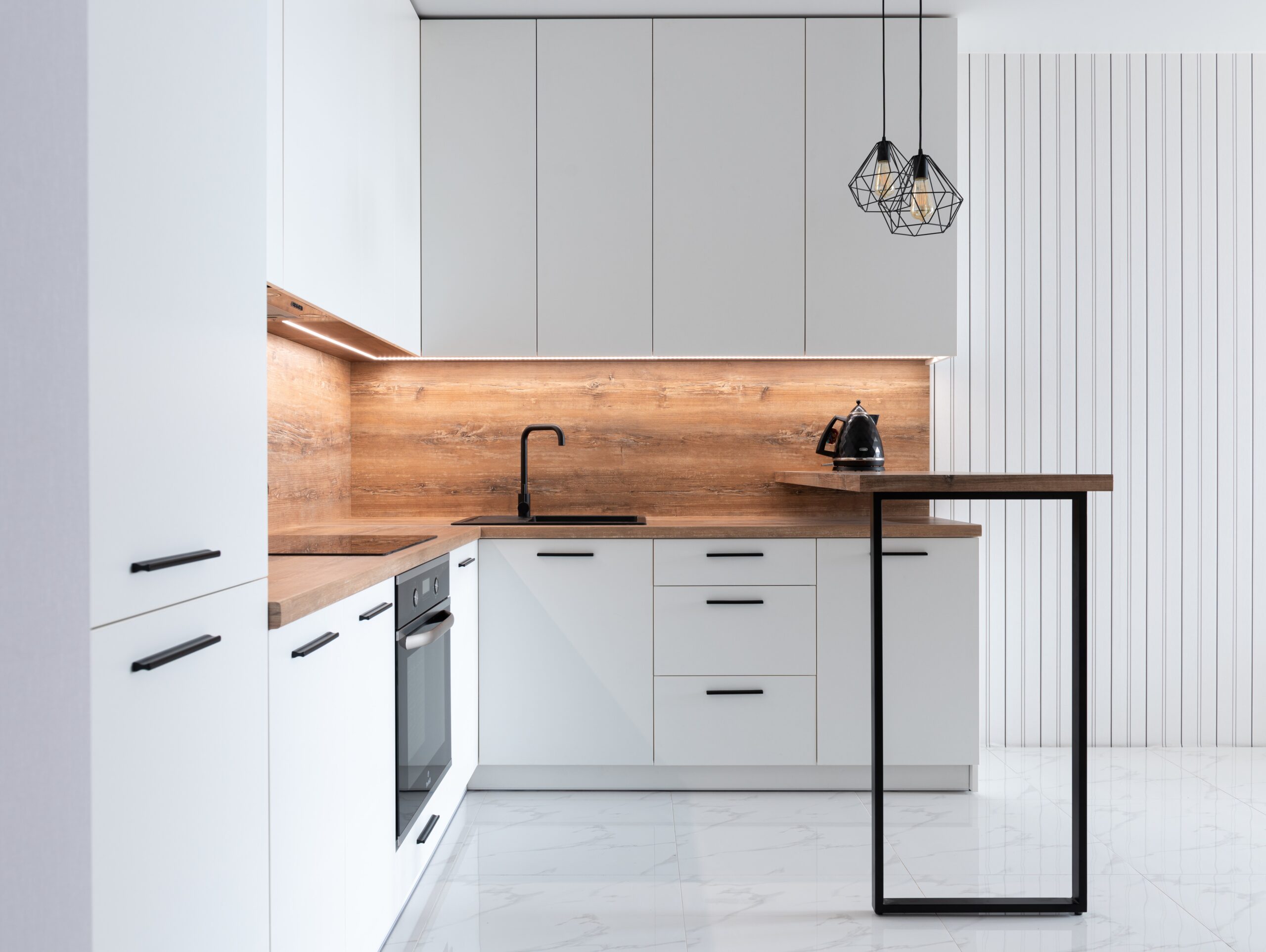Flipped Homes: Are They Worth the Risk?
June 29, 2023

They're Coming Back.
One of the byproducts of a market where home values have dropped over 20% in a single year is that it has created fertile ground for investors to re-enter the market looking for homes to flip. A flipped home is by definition a home that is purchased by an investor who then makes cosmetic improvements to the house and then puts it right back on the market hoping to make a sizable profit on the “improved” home. Usually, the investor never lives in the house, and it is relisted as soon as possible to minimize the holding costs on the property.
Investors who are able to pay cash are particularly interested in this market, not only because of the drop in home values, but because the regular home buyers they are competing with are hindered by interest rates that are still above 6%, giving the cash buyer much more leverage.
While I have no particular issue with flipped homes, it's important for home buyers who are considering a flipped home to go into the transaction with both eyes wide open. There are obvious benefits to purchasing a home that has had upgrades done, and while those improvements are easy to see…
It's What You Can't See.
Depending on the extent of the improvements that the investor puts into the house, a flipped house can almost feel like a brand new house on the inside, and that is very appealing to buyers in today's market. After all, many buyers may not have the time, money, or knowledge on how to make those improvements, so having a home that is move-in-ready is a plus.
But unlike a house that was built brand new from the ground up, flipped homes are a mix of old and new components. The new components — counter tops, appliances, floors, and fixtures — are easy to see because the investor puts the money where it can be seen. What you can't see is what, if anything, was improved behind the walls, in the attic, or in the crawlspace. These are areas that are just as important but they're not visible to the average consumer. It's what you can't see that can make the difference between a good purchase decision and a bad one.
Things to Consider
If you are considering purchasing a home that has been flipped, here are a few important points to keep in mind:
- Inspection reports: You need to pay particular attention to any professional inspection reports that were provided in the disclosures. This will help you understand what may or may not have been altered in the flip process. Did they replace the old electrical wiring or plumbing? Is there any dryrot that hasn't been repaired? I've found that the Seller's disclosures on flipped homes tend to be superficial, so the inspection reports are your “window” to the places you can't see on your own.
- Ask questions: The listing agent should be well versed on what was done or not done in the renovation process. Ask them.
- It's all about profit: Remember that the name of the game for a successful flip is purely the profit. Therefore, don't expect top-of-the line amenities in a flipped home. The whole strategy is to make the home look as good as possible for as cheap as possible. Do your homework on the appliances, flooring, and fixtures. Those are the things that get used the most.
- Buyer beware: Flipped homes are not considered to be new construction, so you're generally not protected under the umbrella of SB800, which has provisions for remediation from the builder for faulty construction. At a minimum, make sure you have a home warranty for the first year.
- Consider doing the work yourself: You're paying a significant premium for work that you might be able to do yourself if you have the time, patience and knowledge to do so.
The Bottom Line
There's nothing wrong with purchasing a flipped home. They are definitely a step up from a home in its original condition. You just need to understand that the level of upgrades can vary widely from home to home. Some flips are legitimately high quality, while others are simply like putting lipstick on a pig (no offense intended to either lipstick or pigs). Do your homework, read the reports thoroughly, and ask lots of questions.
Posted in: